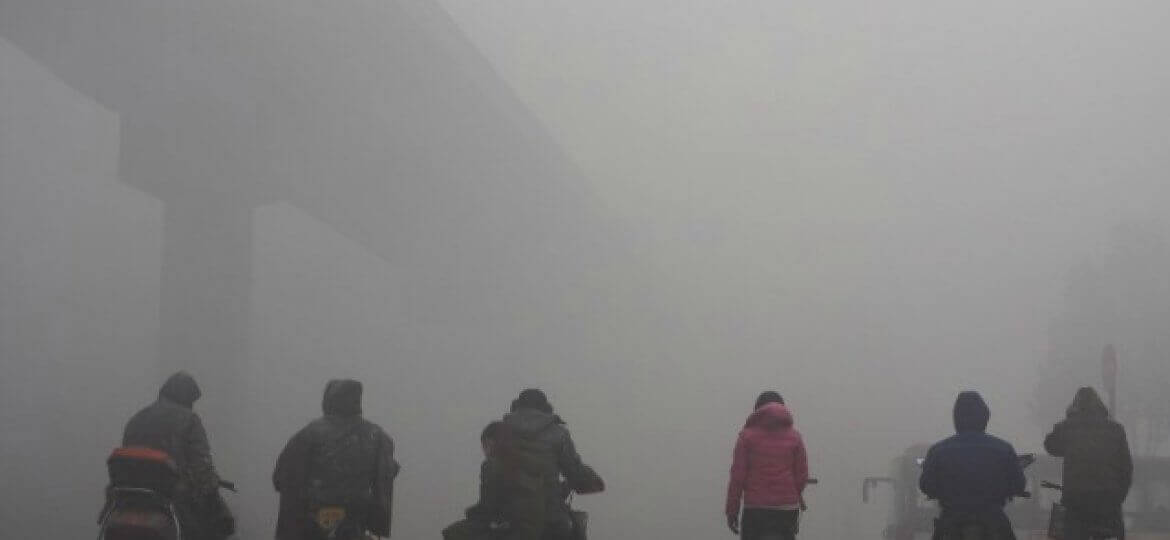Steps to manage dust now a must for all polluted cities
Cities and towns across the country where the hazardous particulate matter (PM10 and PM2.5) exceeds prescribed limits will now under law have to implement measures to reduce dust. Many big cities such as Delhi, Mumbai, Kolkata, Chandigarh, Lucknow, Varanasi and Kanpur, among others, fall in this category.
Two months after issuing detailed guidelines on dust mitigation measures for handling both on-site and offsite management of construction and demolition wastes, the Union environment ministry has now notified specific rules under the Environment (Protection) Act, 1986 making its implementation “mandatory” for such cities and towns.
The notified rules inserted 11-point measures in the existing Act, empowering the ministry to issue notices against local authorities and state agencies for non-implementation of those actions. While seven of these points are mean for those construction and demolition activities which need environmental clearance, the remaining four are for “all construction and demolition activities”, including private residential constructions.
While this would give more teeth to monitoring activities in cities such as Delhi, which already have rules in place for managing dust at construction sites, others cities will now have to start implementing these measures.
Under the rule, which came into force the day the ministry issued the gazette notification on January 25, no building or infrastructure project requiring environmental clearance, will get approval without approved dust mitigation measures.
Besides, developers of such projects will be required to black-top all roads leading to the construction sites and they will not be permitted to excavate without adequate dust mitigation measures in place.
They will also be required to keep soil, sand or any construction and demolition waste covered. It will also be mandatory for them to put in place wind-breaker of appropriate height (one-third of the building height and maximum up to 10 metres) and put in place a”water sprinkling system”.
For construction and demolition activities which do not require environmental clearance, the new rules prohibit “grinding and cutting of building materials in open area”. This rule will be applicable for even private residential buildings.
This category of buildings will be allowed to store construction material and waste only within an earmarked area. Roadside storage is not allowed and action can be taken against violators by local authorities.
These measures will be meant for cities which exceed the annual prescribed limit of 40 microgram per cubic metre for PM2.5 and 60 microgram per cubic metre for PM10. These standards are part of the National Ambient Air Quality Standards (NAAQS) developed by the Central Pollution Control Board (CPCB).
According to CPCB, as many as 195 cities and towns exceeded the prescribed PM10 limit in 2016 while 31cities were over the PM2.5 standard.
The article was published in Times of India on 29th Jan 2018



